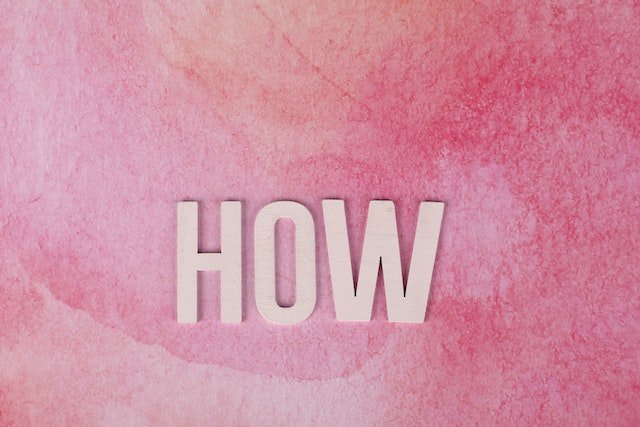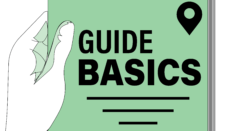 The difference between two words can be very big if we only change the accent. Such is the case of how and how, both are stressed words on the same syllable and yet one has a tilde and the other does not, in other words: one has the accent (prosodic accent).
The difference between two words can be very big if we only change the accent. Such is the case of how and how, both are stressed words on the same syllable and yet one has a tilde and the other does not, in other words: one has the accent (prosodic accent).
One of them initiates a question or an exclamation while the other can indicate an action or verb or also an adverb that heads or joins sentences as we will see in several examples.
A simple accent can totally vary what we want to express and the same word can also have different meanings depending on the place in which it is placed within the sentence. We want to clarify the difference between how and how, provide you with examples of all the meanings and uses of this word.
What do you need
- Read a lot, write, compare similar words, identify the uses of each one.
- Books, magazines, newspapers, dictionaries, computer with Internet connection.
Instructions
- HOW: We will start with the meaning and uses of the word how, that is, with a diacritical accent. This word is an adverb that is used in interrogative and exclamatory expressions. We can quickly mention two common and simple examples: How is it possible that you have changed so much? (interrogative form) We could also say: How you have changed! (exclamatory form).
- You will see that if you use the word how to ask a question or an exclamation it will always have a tilde despite the fact that the accentuation rule says otherwise: “every serious word ending in nso vowel does not have a tilde”. What happens is that in these cases an exception is made because that tilde emphasizes the word. Observe how different it sounds if you say: As you stopped and I kept going.(this is a sentence that is simply relating something that happened). how did you stop (This is interrogative, ask how he managed to stand up, maybe he had a sore leg). How did you stop?(This exclamatory sentence shows that the person was admired by the way the other stopped, perhaps because of their position or because of their speed to do so).
- Sometimes the question or exclamation does not require signs, but simply the mere fact of accentuating the word how makes it clear, for example: I saw you and I was surprised to see how you stopped. (no exclamation marks but the accent on the word how gives emphasis to the sentence). In a similar way you can say: I would like you to tell me how you did it. It does not have question marks but the accent on how indicates that it requires an answer.
- Also the word how can be considered a noun: I need to know the how and why of your attitude.
- AS: This word can refer to two things: the verb to eat or the adverb as.
- Regarding the verb to eat, the word as refers to the first person singular of the Present Indicative Mood: I eat everything without salt due to my high blood pressure.
- If we refer to the adverb “as” it can refer to different functions, for example:
- Comparisons, equivalences, similarities: He is as beautiful as his mother. He has hair just like his father. He is as slim as he is smart.
- It can also be used in sentences that express agreement: As you told me that day, he betrayed me. He happened as you warned.
- It can be used in sentences that express the way in which an action is carried out: Walk as you want. Draw that cat as you imagine.
- It can be used instead of “en que”, for example: I didn’t like the way you look at me (I didn’t like the way you look at me).
- It can also be attached to certain situations expressing similarity, for example: He came to pick me up at around eight in the morning. In fact, he did it without wanting to.
- It is used to introduce subordinate clauses, for example: Since you didn’t come, I thought you didn’t want to see me anymore.
- It can also appear before the conjunction “that”, for example: I knew you would, like I know you well.
Tips
- Write down the words that give you doubts, look them up in the dictionary and analyze the different meanings. You will see that the dictionary informs you much more than you imagine.
- Read as long as you can, this will improve your spelling and expand your vocabulary.
